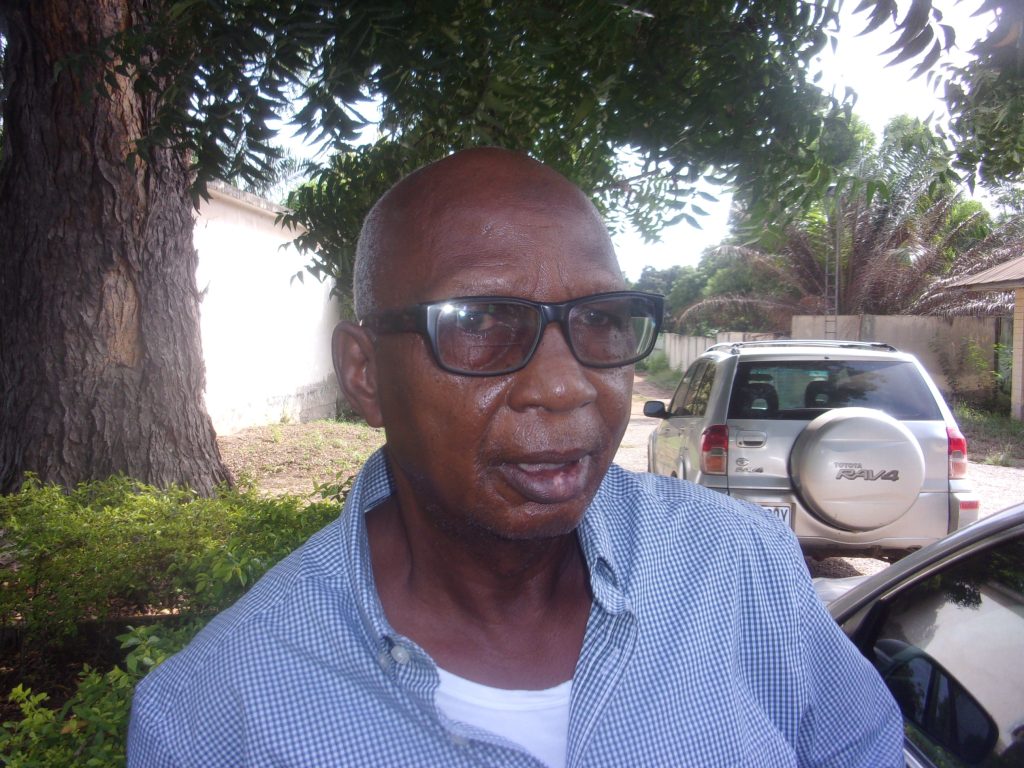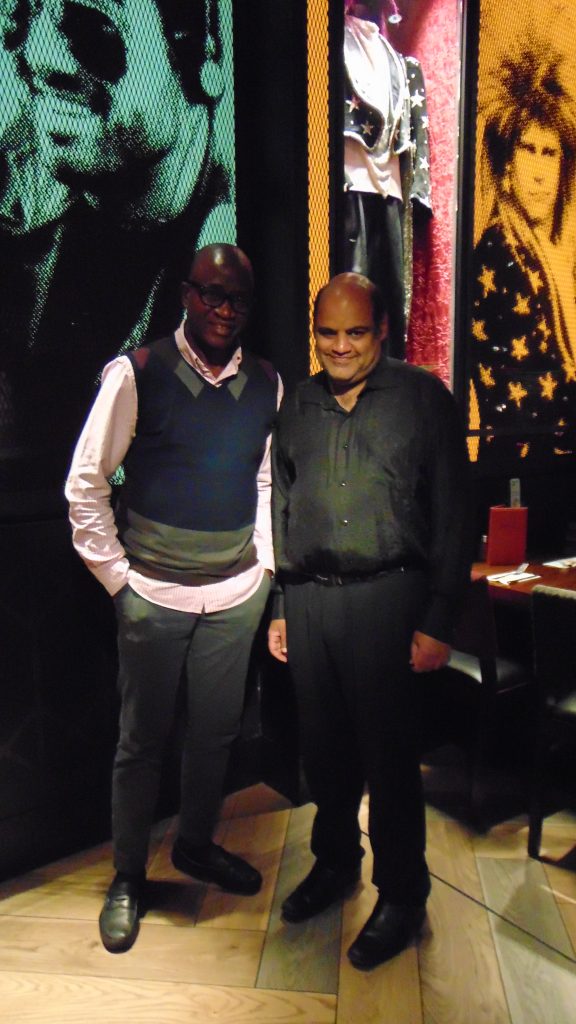Africa’s Undisputed Goal King (Part Twelve) Ineligible

Africa’s Undisputed Goal King (Part Eleven) Different Strokes
October 16, 2020
Africa’s Undisputed Goal King (Part Thirteen) Farcical
October 16, 2020Africa’s Undisputed Goal King (Part Twelve) Ineligible

By Satish Sekar © Satish Sekar (May 7th 2020)

The Power and the Glory
Ghana’s Black Stars demonstrated the power of football. Having used it to highlight black African achievement – they hosted and won in 1963 – it was time to export the Football Revolution. Zambia had already experienced the Black Stars taking their Football Revolution on tour in 1964, but Kenya felt the brunt of the players’ annoyance.
Nkrumah ordered them to go to Kenya after retaining the trophy in 1965. They were not happy and took Kenya apart 13-2. A few days later Kenya drew 3-3. The point, as legendary African coach, Charles Kumi (CK) Gyamfi, told me years later, was not to dismantle Kenyan football but win friends, so they had to play them again, but take it easy on them. They weren’t going to lose – they were Afica’s champions, after all – but Kenya would be encouraged. Ibrahim Sunday, who played in those matches, confirmed Gyamfi’s account.

On November 30th, and exactly two months later, the Black Stars beat Congo-Kinshasa. The latter result was very significant. It was the last match the Black Stars played as part of Ghana’s Football Revolution. Within a month of the January 30th match Ghana’s first Republican President Dr Kwame Nkrumah had been toppled and Joseph Désiré Mobutu revamped his football strategy.
Early Success
Mobutu saw the power of football and invested in it. And it paid off. In 1967 Tout Puissant Engelbert (later TP Mazembe) won the African Cup of Champions Clubs in bizarre circumstances. Asante Kotoko did not turn up for a replay and the trophy was awarded to the Congolese. Kotoko said they unaware of the replay – it made no difference.
Congolese football would soon emphasise the shift in the balance of football power. The delayed African Cup of Nations produced a great surprise in 1968 as Engelbert’s Pierre Kalala Mukendi scored the goal that broke the Black Stars’ domination. The year ended with Engelbert retaining their trophy.
Congo-Kinshasa, led by Hungarian tactician Ferenc Csanádi, ruled the roost. That defeat cost Carlos Alberto Parreira and the great CK Gyamfi their jobs. It disguised one of the great injustices in African football – the demotion and later sacking of the great Gyamfi.
Like Ghana’s Black Stars who had played four consecutive AFCON finals, losing the latter two, Engelbert followed suit in the African Cup of Championship Clubs, losing to Ismaily and Asante Kotoko.
The Faustian Deal
Footballers, especially top ones like those of Mazembe and their great Congolese rivals AS Vita had a good life then. It paid to be in Mobutu’s good graces, and for just over half a decade it paid very well as Mobutu saw potential in football.
But the kleptocracy would soon bite. Their world came crashing down in 1974. Bonuses were not paid and money promised to the players was not paid. Demoralised and angry, the Zaire team lost 0-9 to Yugoslavia. Their coach was Yugoslav, Blagoje Vidinić. Many were outraged. The players were in disgrace as far as Mobutu was concerned. They went from heroes to pariahs.
Most became paupers too, as Mobutu punished football. The Faustian deal had not been worth it, but what choice did they have? Mobutu was not just a kleptocrat, he was a tyrant who thought nothing of torturing or killing those who fell foul of him.
Compliance wasn’t a choice – it was essential for survival.[1]
The Arrival of AS Vita
The balance of power in Congo-Kinshasa shifted too. The country changed its name to Zaire in 1971[2] and Tout Puissant Engelbert became TP Mazembe. But their local domination of Linafoot (the national league) ended too.
Kinshasa-based rivals AS Vita were undoubtedly the Zairean team of the 1970s. There is no question that Mazembe had qualified for the African Cup of Champions Clubs by right in their unprecedented run of four consecutive finals until 1970. But the end of Mazembe’s great run coincided with the arrival of Vita.
Congo-Kinshasa’s champions, AS Vita, represented Zaire, losing on penalties to eventual champions Canon Yaoundé. No problem. Winning the Linafoot title in 1971 meant they would play in 1972’s competition. They had won the right. But strangely that did not happen. Mazembe had no right to play as they were neither African nor Zairean champions.
The Switch
Vita had earned the right, but the records show that Mazembe reached the semi-final. They were eliminated by eventual winners Hafia. Ironically, Mazembe refused to play the second leg in Guinea, claiming that the officials appointed by CAF were ‘ineligible.’
Bizarrely, nobody seems to have noticed the switch.

“In those days, strange things happened,” Nigerian legend, Segun Odegbami, said. “There were suspicions that some teams were strengthened to represent their country. This definitely happened in Lesotho.
“Some countries got away with murder because there was no serious monitoring and were so remote, they could not be caught.”
But this was worse. It was a huge country. How had this slipped under the radar? Why had the champions of Zaire’s Linafoot been substituted for another team? Fielding an ineligible player at the time resulted in a 2-0 win being awarded to the opposition. So, what about fielding an ineligible team?
[1] Despite Mobutu’s fall from power and death in 1997 the players of 1974 never recovered. They remained unappreciated and largely living in poverty – a story that disgraces football.
[2] Congo-Kinshasa changed its name to Zaire as part of Mobutu’s ‘Africanisation’ campaign. He also changed his name from Joseph Désiré Mobutu to Mobutu Sese Seko Kuku Ngbendu Wa Za Banga.

